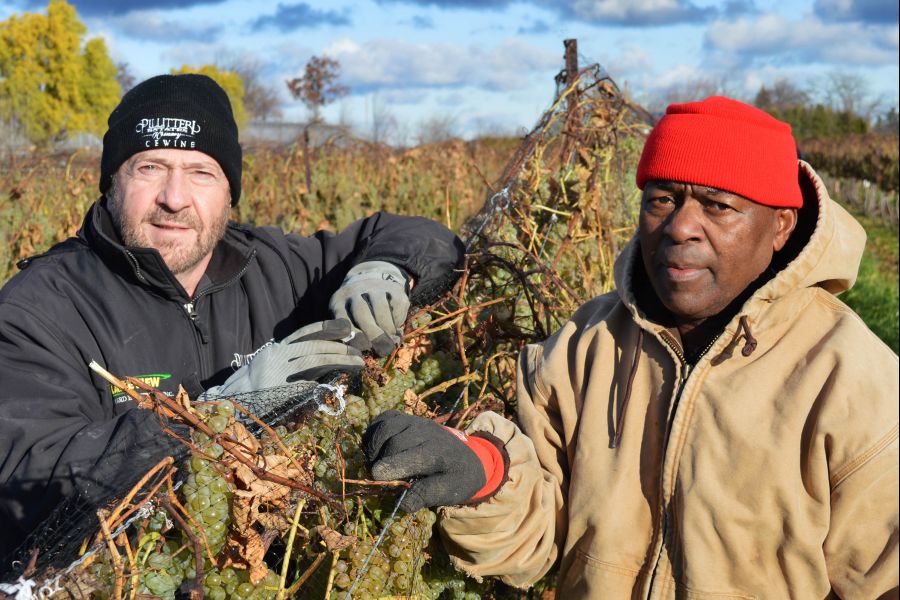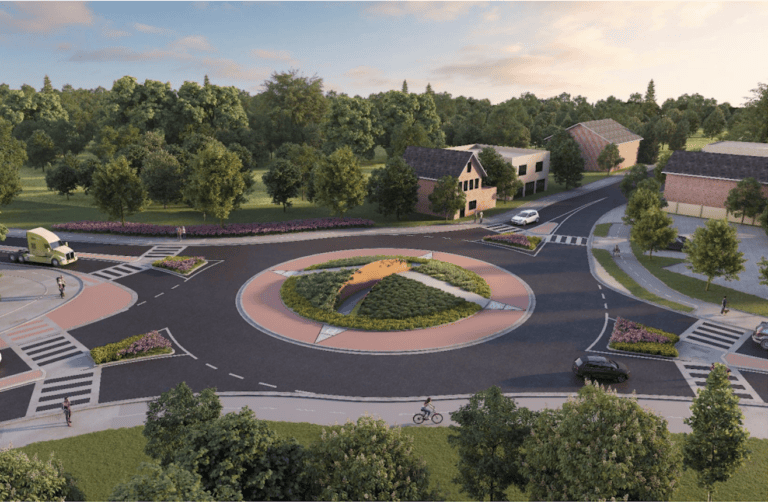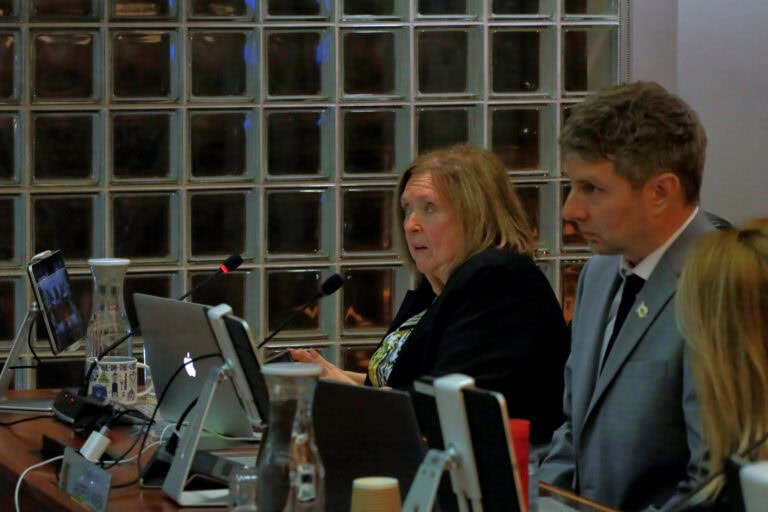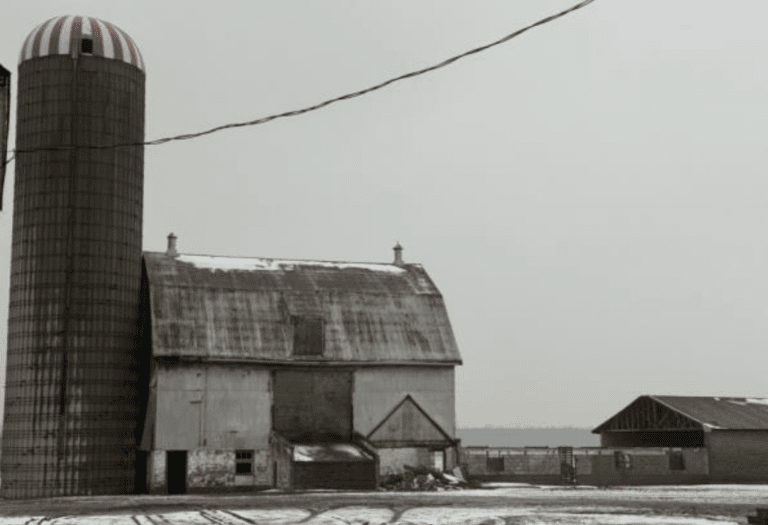Promises kept: The saga of how Rodney Smith and his family came to Canada and built a life here
Jamie Slingerland
Special to The Lake Report
After 35 years in Niagara, Rodney Smith is retiring from Pillitteri Estates Winery as of Dec. 23.
This is a story of a Jamaican-born man who was on the seasonal farm work program and how he immigrated to Canada and the challenges and mostly successes he has had as a Canadian citizen with his wife and six children.
Rodney started in Canada as a seasonal farm worker in about 1975 on a large tender fruit operation. About five years later, Rodney met my father-in-law, Pillitteri Winery founder Gary Pillitteri, who was a local farmer. Rodney began to work for him on his day off from his 65-hour per week job.
Most seasonal farm workers on the many farms in NOTL want as many hours of work as they can get. People like Rodney would often work 80 hours a week if the work was available.
When Gary came to Canada in 1948 he did the same, holding multiple jobs at a time, trying to better the position of himself and his family. Most seasonal farm workers on farms across Canada come from Caribbean countries and Mexico, where a daily farm wage is equivalent to working a few hours in Canada.
As well, farm work at home is inconsistent and workers can go many weeks between jobs. Educational opportunities in their home countries are also difficult and many men don't attend secondary school or leave school to provide food for the family. Life is hard and it is impossible for most people to move beyond their economic status – which is usually poor.
Here, seasonal farm workers' housing must meet the same standards as Canadian seniors' care facilities for size and amenities like bathrooms, cooking facilities and safe hot and cold water. Seasonal staff are also entitled to all the benefits other farm workers receive, including protections under the Employment Standards Act, plus OHIP, WSIB, employment insurance and Canada Pension Plan benefits.
Most farm workers, away from their families for up to nine months a year, become well-established after many years in Canada, and own property, homes and businesses. A single seasonal worker often is able to create economic benefits for their parents, siblings and their own families. As a result, the lives of dozens of family members are improved.
In 1985, my wife Connie and I returned to NOTL after I spent five years working for the Ontario agriculture ministry in Leamington, Sudbury and Kitchener-Waterloo as a quality standards inspector and Connie worked with RBC. My next transfer looked to be head office on Bay Street in Toronto, so we decided to return home and farm 40 acres of tender fruit and grapes in Virgil, where we wanted to raise our family.
That year, I met Rodney and after three brief conversations with him, he asked me to sponsor him to come to Canada.
I was 27 and, despite knowing nothing about sponsorship to Canada, found myself saying yes without any hesitation. I had a good feeling about Rodney's character and sincerity. I knew his work was better than most and could tell he was a smart man.
Rodney's sabbath is important to him and we agreed he would never work his sabbath and Rodney said he would work with me until he retires. I never expected him to keep a 35-year promise, but as it turned out, we both kept our commitments.
Sponsoring Rodney and his family was a difficult process. The process required people to accumulate points in order to immigrate and under the system you earned points for advanced education, the value of the assets you would bring, proficiency in the two official languages, filling a job a Canadian could not fill, and several other categories.
It is a complicated and expensive process, plus a person can't be sponsored while they are in the country. Rodney and I agreed that if I sponsored him he would work full time for Gary and me. At the time Gary farmed 60 acres and I estimated we could employ a person year-round since we farmed together but split costs. And Rodney split the costs of his sponsorship.
As novice farmers with a child on the way, Connie and I were not exactly flush with money as our first crop in 1985 crop turned out to be much less than expected.
But with help from Liberal MP Al MacBain and then-federal Immigration Minister Flora McDonald, we managed to get a temporary work visa for Rodney. Finally, on May 13, 1986, Rodney was granted an appointment at the Canadian consulate in Buffalo to apply to immigrate to Canada.
It turned into a day filled with stress, complications, and ups and downs, but ultimately we were given an appointment date for later in the year to proceed with the application.
So, after a little over a year of separation from his children and his wife Janet, the entire family arrived in Canada. The immigration visas for his family were issued May 13, 1987, exactly one year after the trip to Buffalo.
Disaster struck 10 weeks later. On Aug 1, 1986, NOTL experienced its largest and worst hailstorm ever. Connie and I lost our entire equity in our farms and two years later free trade came into effect and commodity prices dropped for many years.
Over the next 30 years we experienced and worked through another major hailstorm, a couple of severe droughts, heat, cold and rainfall. Rodney and Janet went on to have their sixth child, born a few years later, in Canada. Almost 20 years ago, one of their young children suffered a head injury in a tragic accident, requiring Janet and Rodney to care full-time at home for him while working opposite shifts.
Over the years Rodney became a pastor in his church and I have been impressed at his delivery of the Gospel mostly by memory. He does not drink alcohol, use drugs or smoke.
Although he is often pulled over, he has had only one ticket in his life after someone misplaced the ownership for the winery van. As Canadians, he and his family have led model lives. Rodney also brags of being with his wife Janet for the last 45 years. She has worked for a regional long-term care home, including a number of years in NOTL. She was due to retire when COVID hit but has stayed on to help out during the pandemic for over a year past her retirement date.
Five of their children have graduated from college or university and have built successful careers. Rodney and his family, like most immigrant families, add to our economy and quality of life in our community.
Next week he retires. Since 1986 we have worked together as Rodney managed our work crews and farm equipment, and for the past 30 years we have harvested icewine grapes. He will be sorely missed and life at Pillitteri Estates Winery won't be the same without him.










